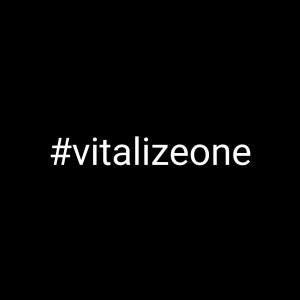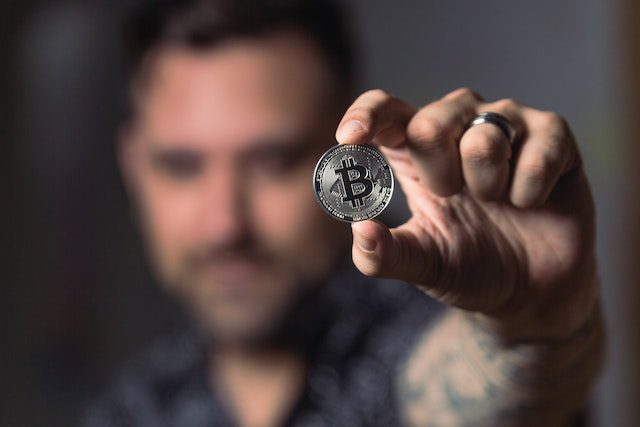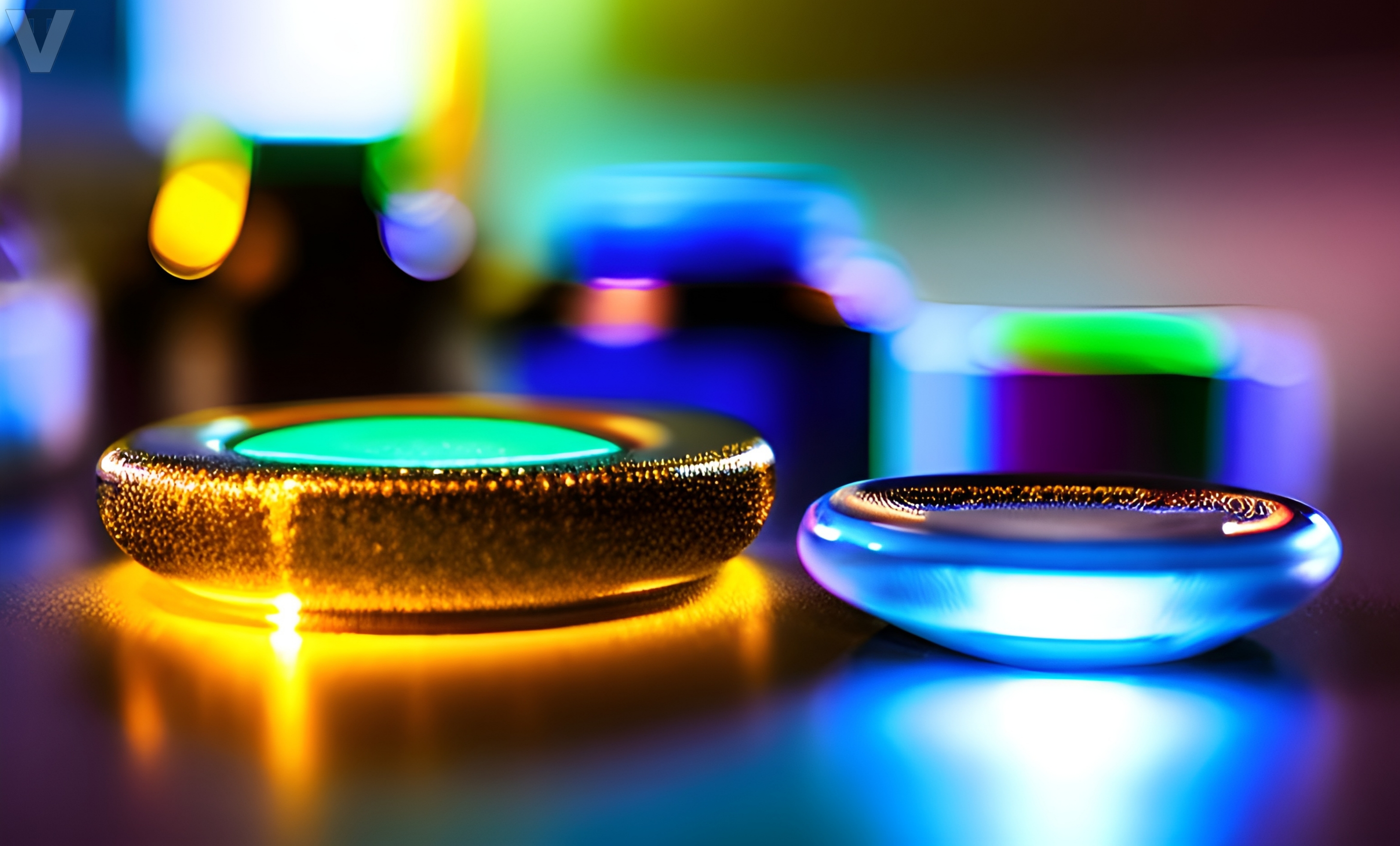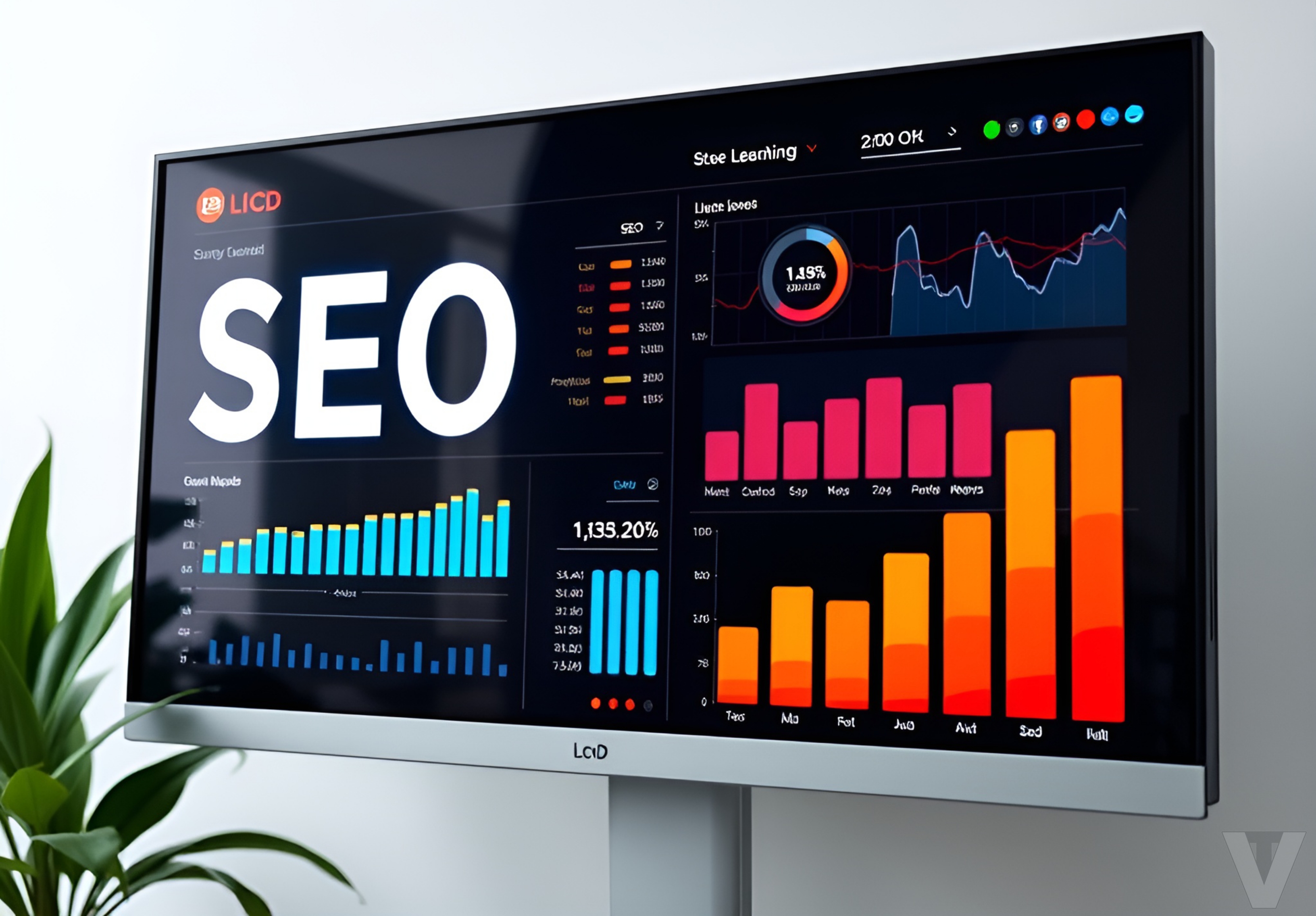|
Getting your Trinity Audio player ready...
|
Cannabidiol (CBD) is a chemical that makes up 40% of cannabis. It promises a spectrum of health benefits without the high associated with its infamous cousin, tetrahydrocannabinol (THC).
Despite being popular, discussion about CBD is muddled with misconceptions and myths often spread by varied anecdotes and inconsistent information.
This article aims to break cannabinoid myths, exposing the truth behind the effect of CBD on wellness. By the end, you’ll understand what CBD truly offers, helping you make informed decisions about its role in your health.
We’ve got a handful of myths to debunk, so let’s begin.
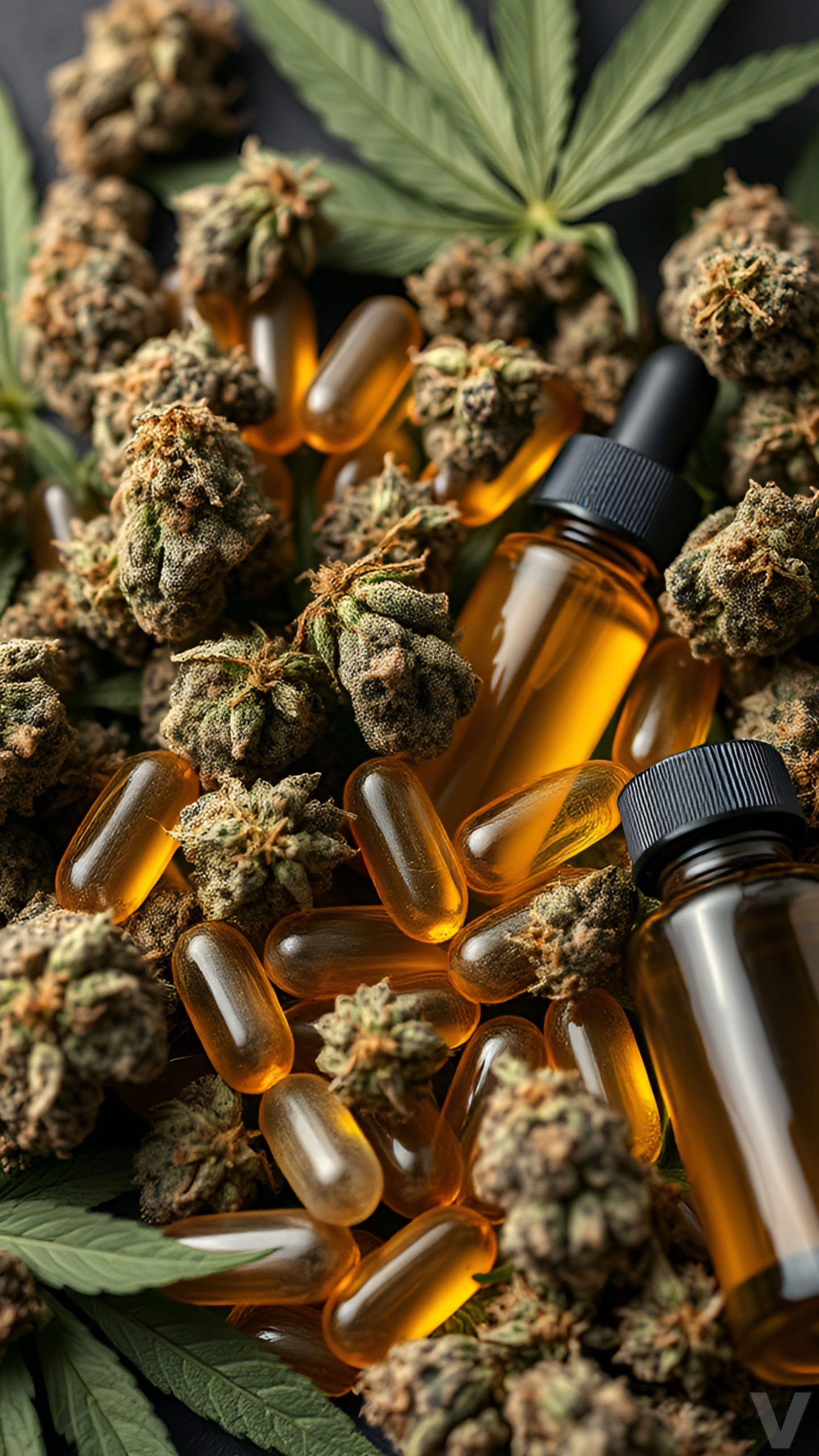
Myth: CBD is Psychoactive Like THC
Many people believe that CBD has identical effects with THC, the primary psychoactive component of cannabis. This confusion often arises because both CBD and THC are compounds found in the same plant.
The association is reinforced by the general portrayal of cannabis products in media and popular culture, leading to widespread misconceptions about CBD’s effects on mental state and cognitive function.
Alongside CBD and THC, another less popular cannabinoid is cannabinol (CBN). While CBN produces mild psychoactive effects, it’s far weaker than THC. Unlike CBD, CBN is often associated with sedative effects instead of mental impairment.
Fact: CBD Does Not Cause Psychoactive Effects
As mentioned, CBD does not produce psychoactive effects or impair cognitive functions. Unlike THC, CBD is chemically distinct and interacts differently with the brain’s receptors.
Studies consistently show that CBD does not activate the receptors that trigger THC’s intoxicating effects. Instead, CBD has shown the potential as an anti-psychotic compound.
This makes CBD a valuable option for those seeking the potential health benefits of cannabis without the psychoactivity.
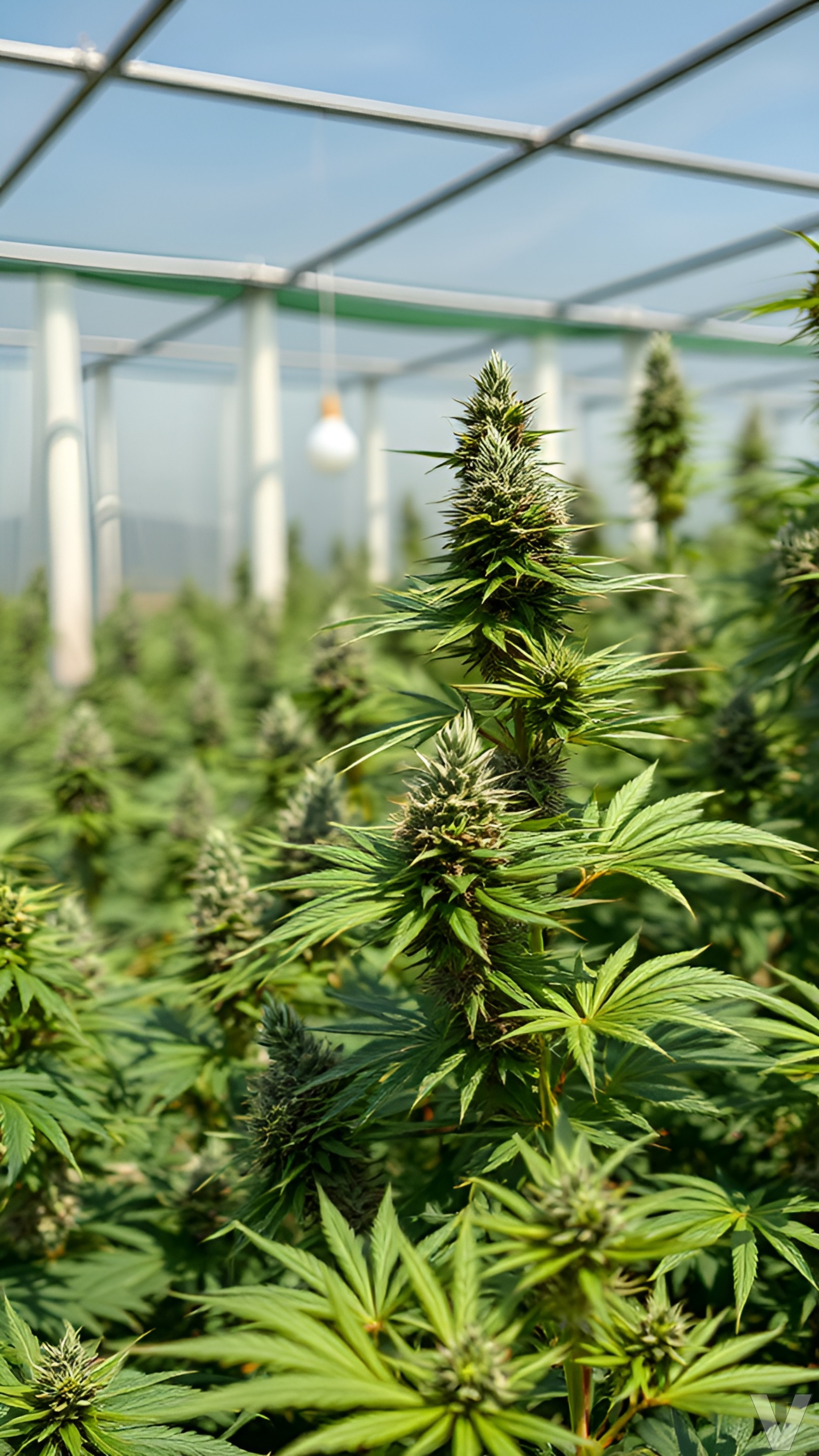
Myth: CBD is Only Useful for Pain Management
A prevalent myth is that the sole benefit of CBD is pain relief. This belief is largely fueled by initial testimonials and marketing that focused heavily on CBD’s analgesic properties.
As a result, many consumers and even some health practitioners came to view CBD as a one-trick pony, suitable only for addressing physical discomfort.
Fact: CBD Has Diverse Health Benefits
Contrary to the narrow perception of its uses, CBD is recognized for its versatility in health applications.
Research indicates that CBD may not only be effective in managing chronic pain but also in treating a variety of conditions. This includes relieving anxiety, mitigating inflammation, and assisting in psychotherapy. In fact, CBD is linked to improved performance and recovery in athletes.
Particularly, CBD can help in stress management, offering a natural approach to calm the mind and alleviate mental strain. Its ability to interact with the body’s endocannabinoid system allows it to offer a holistic balance, further proving its utility beyond just pain management.
Myth: All CBD Products are the Same
There is a common misconception that all CBD products offer similar benefits and contain the same levels of CBD. Many consumers think that any CBD product they choose will have the same effect. This belief stems from a lack of understanding about the production and regulation of CBD products.
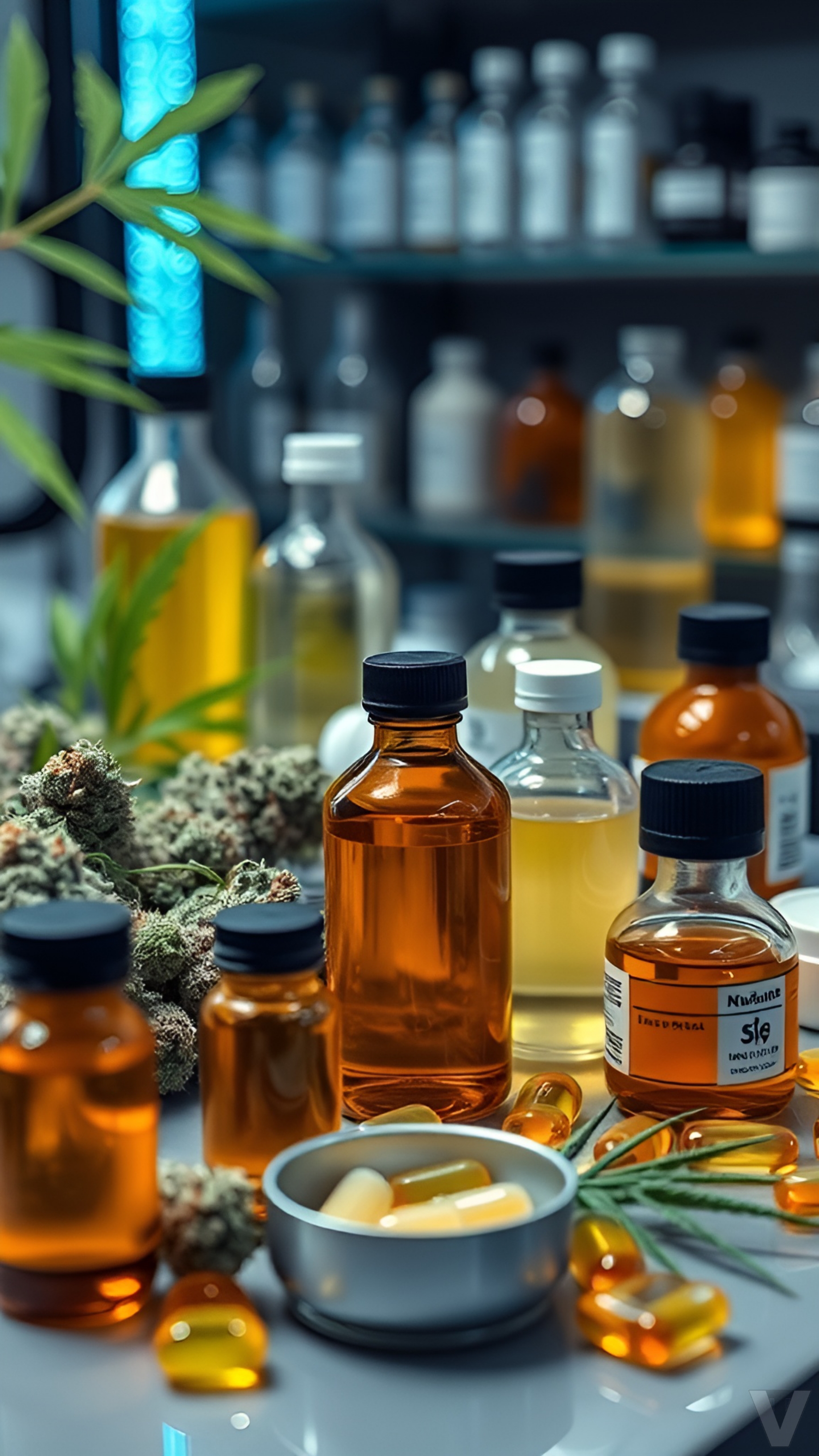
Fact: Quality and Concentration Vary Widely
In truth, CBD products can greatly differ in quality and potency. The final quality of the CBD product is influenced by factors like where the hemp comes from, the extraction method, and the manufacturing process.
Furthermore, the presence of other ingredients and the type of product—whether it’s an oil, tincture, capsule, or topical—influences the effectiveness and bioavailability of CBD.
Consumers should look for products that provide third-party lab results (also known as Certificates of Analysis or COAs) to verify the product’s CBD content and purity, ensuring they receive a product that is safe and effective.
Myth: CBD Has No Side Effects
Another common myth is that CBD is completely safe and free from any side effects. Who peddles this misinformation? Sellers and enthusiasts who over-emphasize its natural origin and therapeutic benefits. What they keep from their customers is the full spectrum of CBD’s effects on different individuals.
Fact: CBD Can Have Side Effects, Though Generally Mild
While CBD is generally well-tolerated, it is not without potential side effects. Some users may experience mild adverse effects such as dry mouth, dizziness, or gastrointestinal discomfort.
CBD may also interact with other medications, which could alter their effectiveness. Consumers should be aware of these possibilities and consider them when including CBD in their health regimen.
Consulting with a healthcare provider is recommended, especially for those taking other medications or managing chronic health issues.
Myth: CBD is a Cure-All Miracle
The hype surrounding CBD has led to some claims that it can cure a wide range of diseases and health issues.
Some claim it can cure mental health disorders, while some even go as far as saying it can cure cancer. These exaggerated claims are often spread through social media and commercial promotions, creating unrealistic consumer expectations.
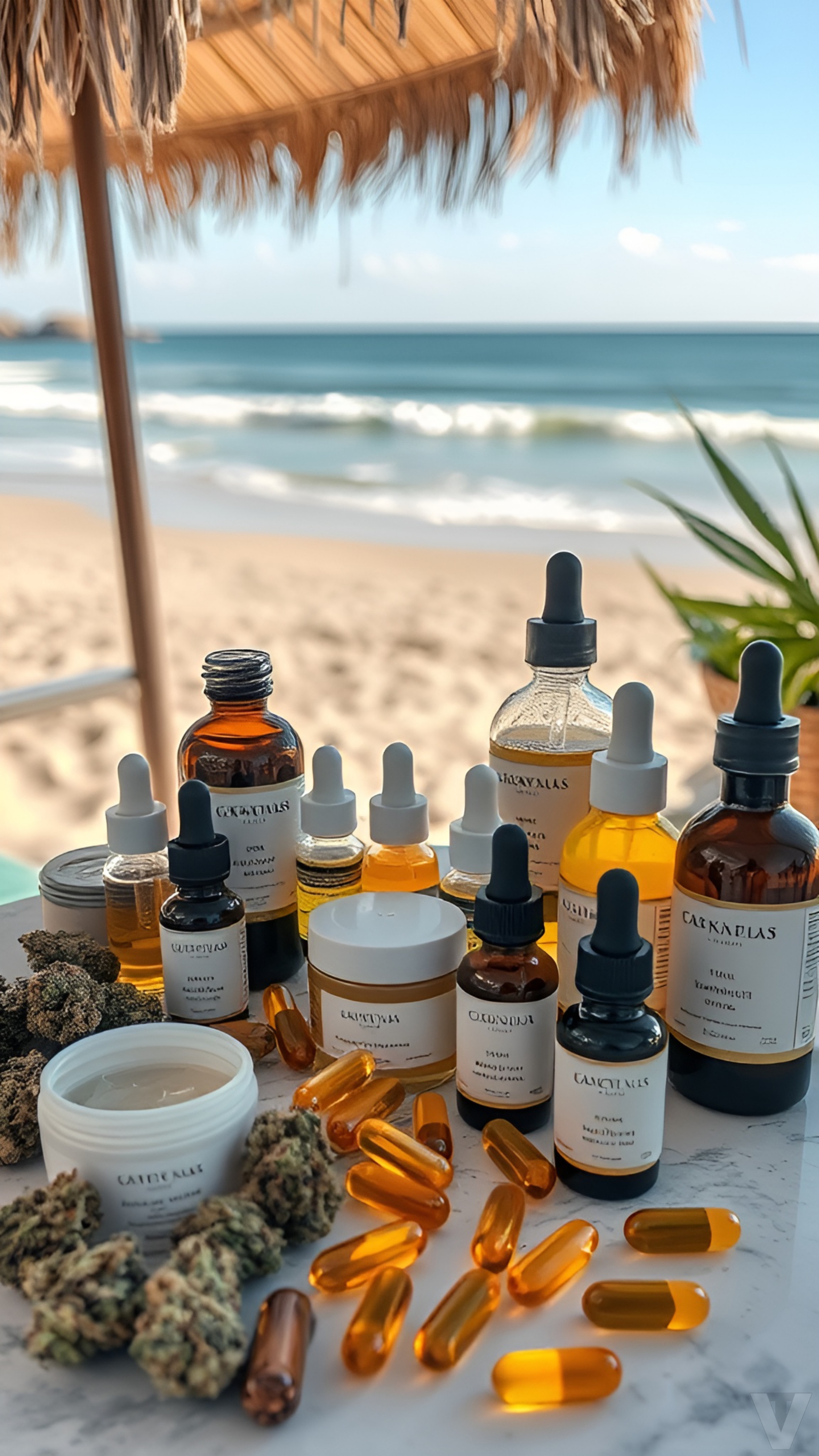
Fact: CBD is a Tool, Not a Cure
While CBD has shown promise in various therapeutic areas, it is not a miracle cure for diseases. It should be seen as a tool that can be part of a broader health strategy.
Research supports its use in specific contexts, such as reducing symptoms of anxiety and aiding in pain management. Yet, it is not a substitute for professional medical treatment.
Consumers should maintain realistic expectations of CBD. The best course is to use CBD as one component of a comprehensive approach to health and wellness, guided by healthcare professionals.
Conclusion
Consumers must approach CBD with a critical mind. We’ve tried to clear up some common misconceptions so you can make informed choices about its use.
As research on CBD continues, our understanding of it might change. Always look for trustworthy information and consider talking to a healthcare professional before starting any new treatment. By staying informed, you can make better health decisions for yourselves.

